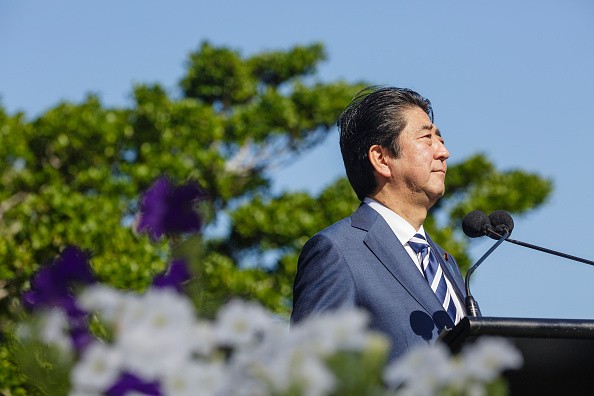In the recent months, Philippines has seemingly been chosen as the battleground between China and Japan in giving economic assistance.
In October of last year, China has pledged $24 billion in aid to the southeast Asian country, while Japanese Prime Minister Shinzo Abe extended development aid packages in his trip last week.
There is no doubt there is an age-old rivalry between Japan and China. Since 2014, the two east Asian countries have been vying for the position of chief economic and military power in Asia.
At a glance, it seems like the Philippines is in a rather enviable position, but like most financial contracts, there will be stipulations for the giver of foreign aid, a way to make it a win-win situation. So, what is the difference between China and Japan in giving economic assistance?
History has proved that Japan is more transparent than China in development assistance programs. The Japanese has an office dedicated for foreign aid, which regularly publishes detailed information. It's in stark contrast with China. Although the Asian giant publishes figures, China is not as specific with the aid it gives and the recipients it chooses.
What China and Japan Expect from the Recipients of Their Aid
In terms of what they expect in return, China has proven to be more demanding. China, for the aid it gives, expects natural resources in return as a means to keep its 1.3-billion population going, according to an article by Forbes.
Case in point: Myanmar. There is general resentment towards China regarding the trade in timber and jade as business has left local Burmese bereft of any benefits.
In return for their generosity, Japan expects its aid recipients to open their factory doors to investment, as was the case in Thailand, Philippines and Vietnam. Cheap land and labor remain a key concern with the Japanese, a sentiment China does not share as it's already a manufacturing hub with land and inexpensive labor.



























